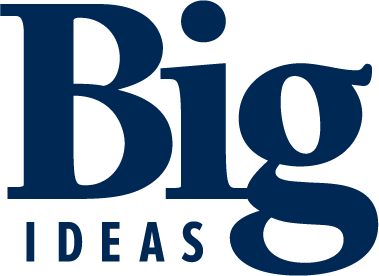Protecting the Environment Promotes Community Wellbeing and Equity
By Ashley Han
Article Summary
- Jonathan London uses health science to focus on environmental disparities
- He has partnered with the One Climate Initiative to prevent racial and environmental injustices
The intersection between climate change, health, and environmental justice has become even more apparent during the COVID-19 pandemic and the racial justice uprisings. Historically disadvantaged communities have faced increased challenges with health conditions and social support. To help improve the quality of life, UC Davis researchers are involving community members and policymakers to create more equitable environments.
Jonathan London, associate professor in human ecology and faculty director of the Center for Regional Change, has partnered with the One Climate Initiative to use health science to focus on environmental disparities, particularly in the Central Valley.
“Marginalized communities are dealing with climate change in a more extreme and immediate way, like canaries in a coal mine,” London said. “If they are not doing well, that is a signal that we are all under significant threat.”
London has been working on air quality management under a new state law called Assembly Bill 617, which mandates air quality monitoring and management to be done at the local level, particularly in and with disadvantaged communities.
“If we look at our society like a body and one part of the body is hurt, the rest of the body is going to be affected,” London said. “In the same way, when we look at our society affected by COVID and climate change, we need to come together and help the sectors that are suffering and find ways to address their issues.”
“I’m looking at the role of residents and community organizations that represent those communities and involving them in creating air protection plans that deal with issues of environmental justice,” London said.
Another one of London’s projects looked at the access to safe drinking water in disadvantaged communities in the San Joaquin Valley. London and his interdisciplinary team’s report supported the recommendation that these communities need significant investment in their water systems to be able to provide clean, safe and affordable drinking water. Informed, in part, by their study, the state created the $1.3 billion Safe and Affordable Drinking Water Fund to pay for infrastructure and ongoing maintenance of water operations last July.
“There is a human right to clean water and air, and local communities have the expertise to find solutions,” London said. “They have a tremendous amount of passion and commitment to issues they’ve been working on for decades and generations.”
United During Times of Crisis

London added that racial and environmental injustices go hand in hand and the only way to stop the cycle of systemic abuse is by working together.
“If we look at our society like a body and one part of the body is hurt, the rest of the body is going to be affected,” London said. “In the same way, when we look at our society affected by COVID and climate change, we need to come together and help the sectors that are suffering and find ways to address their issues.”
He has been working on combating racial injustices through his partnership with the Environmental Injustice Project of the John Muir Institute. London believes climate change will never be solved unless the systems that produce environmental and racial injustices are dismantled.
“Communities that are most marginalized have the fewest resources to deal with the current pandemic and on-going environmental racism,” London said. “I have been so fortunate to have worked in the Central Valley for 20 years now and see a number of solutions be put into place on issues of air, water, pesticides, and toxic waste.”
While it’s been a privilege for London to support communities in a positive way, he said there’s more to be done.
“We have the opportunity to think in imaginative and radical ways and refashion society because the status quo simply cannot hold,” London said. “In a time of great crisis, whether it's COVID, racial justice or climate justice, we see the possibility and the need for much more fundamental change.”
